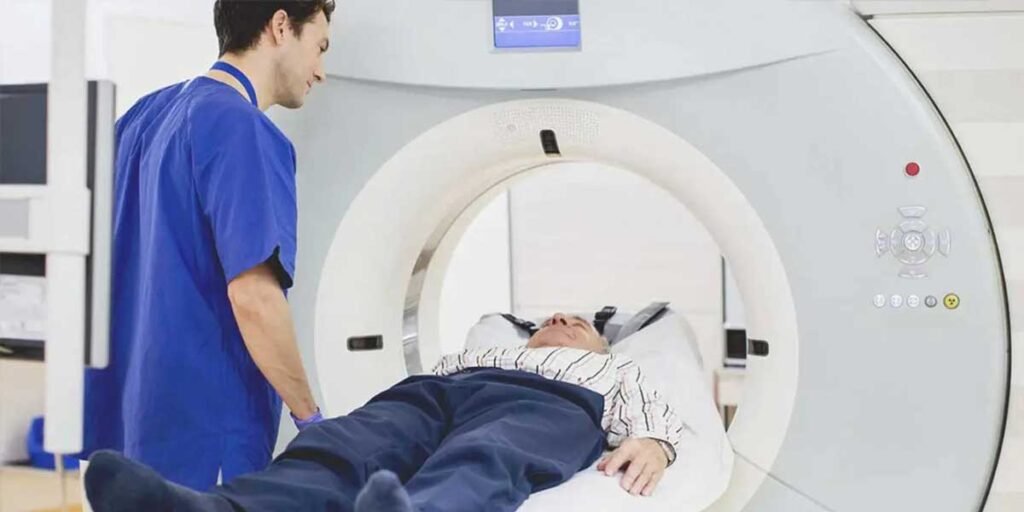
Cancer Screening Tests: Early Detection for Better Outcomes
Welcome to our comprehensive guide on cancer screening tests, a vital component in the early detection and prevention of various types of cancer. Regular screening tests can significantly increase the chances of detecting cancer at its earliest stages, when treatment is most effective. In this article, we will provide you with detailed information about different types of screening tests, their benefits, and their importance in ensuring optimal health.
What Are Cancer Screening Tests?
Cancer screening tests are medical procedures designed to identify early signs of cancer before symptoms appear. These tests play a crucial role in detecting cancer in its initial stages, when it is easier to treat and often has a higher chance of a successful outcome. Early detection through screening tests can save lives by enabling timely intervention and preventing the progression of cancer to advanced stages.
Importance of Cancer Screening Tests
Cancer screening tests are of paramount importance for several reasons. Firstly, they allow for the detection of cancer before it has a chance to spread to other parts of the body. Secondly, early detection increases the effectiveness of available treatment options, resulting in better outcomes for patients. Lastly, screening tests empower individuals to take proactive measures in maintaining their health and well-being.
Types of Cancer Screening Tests
-
Breast Cancer Screening Tests:
Mammograms are the most common screening tests for breast cancer. They involve X-ray imaging of the breast tissue, allowing for the detection of potential abnormalities or tumors.
-
Cervical Cancer Screening Tests:
Pap smears, also known as Pap tests, are widely used for cervical cancer screening. During this test, cells from the cervix are collected and examined for any abnormal changes.
-
Colorectal Cancer Screening Tests:
Colorectal screening tests include colonoscopies, sigmoidoscopies, and fecal occult blood tests. These tests help identify abnormalities or precancerous growths in the colon or rectum.
-
Prostate Cancer Screening Tests:
Prostate-specific antigen (PSA) blood tests are commonly used for prostate cancer screening. Elevated PSA levels may indicate the presence of prostate cancer, although further diagnostic tests are often necessary for confirmation.
-
Lung Cancer Screening Tests:
Low-dose computed tomography (LDCT) scans are utilized for lung cancer screening in high-risk individuals, such as long-term smokers. These scans can detect lung nodules or abnormalities that may be indicative of early-stage lung cancer.
When Should You Start Cancer Screening?
The appropriate age to begin cancer screening varies depending on the type of cancer and individual risk factors. For example, mammograms for breast cancer screening are typically recommended starting at age 40 or earlier for individuals with a family history of the disease. Consultation with a healthcare professional can help determine the optimal timing for cancer screening based on your specific circumstances.
How Often Should You Get Screened?
The frequency of cancer screening tests also varies based on multiple factors, including age, gender, family history, and personal health history. Screening intervals can range from annual tests to every few years. It is important to follow the guidelines provided by your healthcare provider to ensure timely and appropriate screening.
Benefits of Early Cancer Detection
Early detection of cancer through screening tests offers numerous benefits. It increases the likelihood of successful treatment outcomes, as smaller tumors are generally easier to treat and have a higher chance of being cured. Additionally, early detection often allows for less aggressive treatment options, reducing the potential side effects and improving the quality of life for individuals diagnosed with cancer. Regular cancer screening also provides peace of mind and empowers individuals to take control of their health.
How to Prepare for a Cancer Screening Test
Preparing for a cancer screening test may involve certain considerations depending on the type of test being conducted. In general, it is advisable to follow any specific instructions provided by your healthcare provider. This may include guidelines regarding dietary restrictions, medication adjustments, or the need for specific preparations before the test. Open communication with your healthcare team is essential to ensure that you are adequately prepared for the screening test.
Conclusion: Taking Control of Your Health with Cancer Screening
Cancer screening tests play a crucial role in the early detection and prevention of various types of cancer. By prioritizing regular screening, individuals can take proactive steps towards maintaining their health and well-being. Early detection significantly improves the chances of successful treatment outcomes, allowing for more effective and less invasive interventions. Remember to consult with your healthcare provider to determine the appropriate timing and frequency of these screening tests based on your personal risk factors and medical history. Take charge of your health and empower yourself through cancer screening, because early detection saves lives.
General FAQs
Cancer screening tests are medical procedures used to detect early signs of cancer in individuals who do not yet show any symptoms. These tests aim to identify cancer at its early stages when treatment is typically more effective.
Cancer screening tests are crucial because they can help detect cancer before it spreads or causes symptoms. Early detection often leads to better treatment outcomes and increases the chances of successful recovery. Regular screening tests can save lives by identifying cancer at its earliest, most treatable stage.
The age at which you should begin cancer screening depends on various factors, including the type of cancer and your personal risk factors. For example, mammograms for breast cancer screening are typically recommended starting at age 40 or earlier for individuals with a family history of the disease. It’s best to consult with your healthcare provider to determine when you should start cancer screening based on your specific circumstances.
The frequency of cancer screening tests varies depending on factors such as age, gender, family history, and personal health history. Some screening tests may be recommended annually, while others may be performed every few years. It is important to follow the guidelines provided by your healthcare provider to ensure timely and appropriate screening.
Preparation for a cancer screening test may vary depending on the specific test being conducted. It is essential to follow any instructions provided by your healthcare provider. These instructions may include dietary restrictions, medication adjustments, or specific preparations before the test. Maintaining open communication with your healthcare team will ensure that you are adequately prepared for the screening test.

With access to



